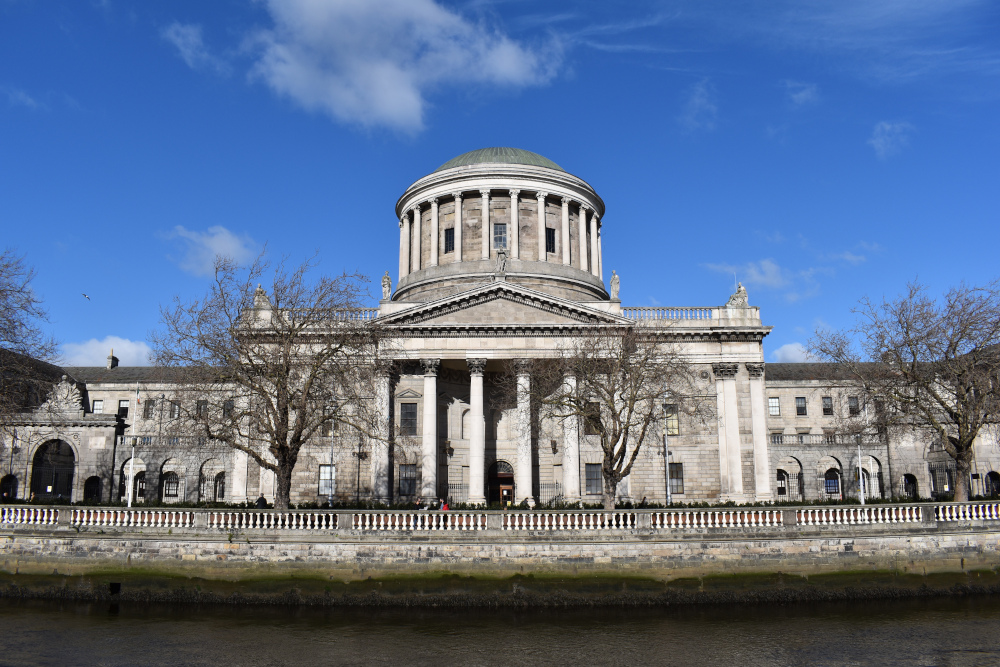Ireland urged to introduce code of conduct for retired judges

Irish judges should be bound by a code of conduct even in their retirement to prevent a repeat of the controversy around the Dubai International Finance Centre (DIFC) Courts, a retired senior counsel has said.
Bill Shipsey SC, a former chair of Amnesty International Ireland, was among the first to criticise former chief justice Frank Clarke and former High Court president Peter Kelly for accepting roles on the DIFC Courts late last month. Both resigned within days of being sworn in.
Writing in The Irish Times today, Mr Shipsey suggests that future judicial appointees in Ireland “should be subject to some code of conduct obligations that continue beyond their retirement even if the legal enforceability or sanctions open for a breach of that code post-retirement would or could raise legal and contractual difficulties”.
He says the appointment of retired judges to other jurisdictions could give rise to the perception of bias in their decision-making in Ireland, if their actions on the bench “could be informed by the possibility of significant financial advantage from another judicial appointment in a different jurisdiction post-retirement”.
“I don’t believe for a moment that either of our two eminent and distinguished former judges had this remotely in mind before, during or after their time on the bench, but as with the legal question of ‘bias’ it has as much (if not more) to do with perception as with reality,” he says.
He also argues: “It is one thing to agree to arbitrate or mediate an international dispute between private parties post-retirement — preferably in Ireland — but quite another thing to lend legitimacy to a human rights-abusing regime such as the UAE (or China via the Hong Kong Court of Appeal) by becoming a judge there.”
Mr Shipsey concludes: “In my opinion, rules of professional conduct should require retired judges to avoid any activities liable to compromise the dignity of the office or the maintenance of public confidence in the judicial system.”









